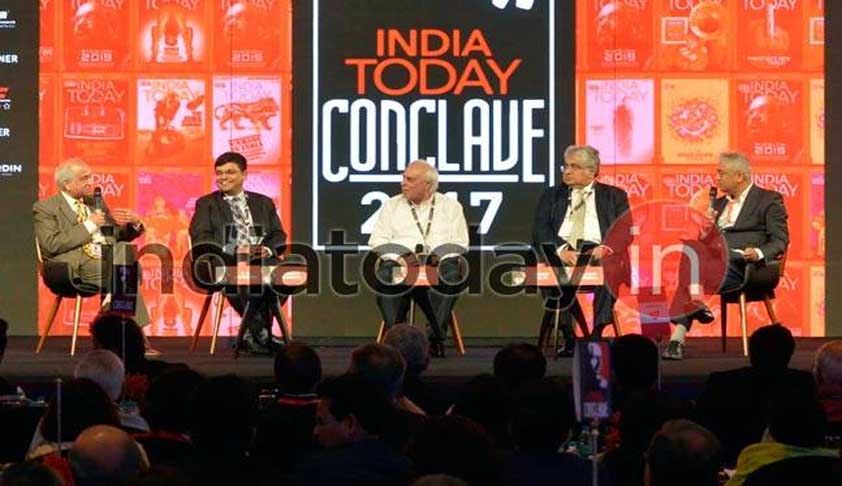Legal Eagles Discuss Govt-Judiciary Tiff; Judges Appointment
LIVELAW NEWS NETWORK
19 March 2017 11:33 AM IST

Next Story
19 March 2017 11:33 AM IST
“We need more judges. It is not merely an issue of numbers but also of quality of judges. And a larger issue is the millions of people who still do not have access to courts”: Senior lawyer Harish Salve.“Centre cannot appoint judges in the lower courts and the state governments don’t appoint judges in enough numbers because it is not their priority”, Senior lawyer Kapil Sibal.Four...
